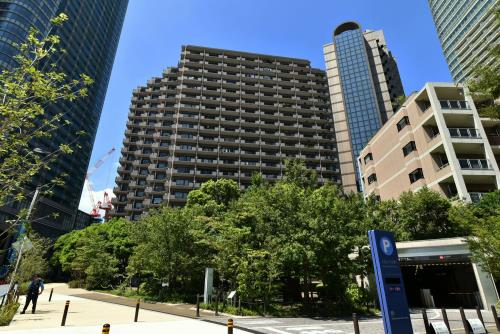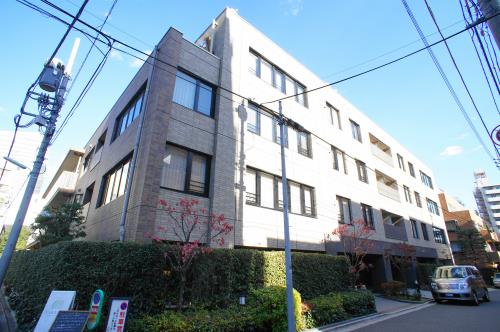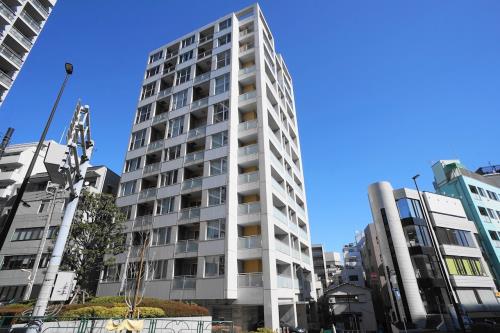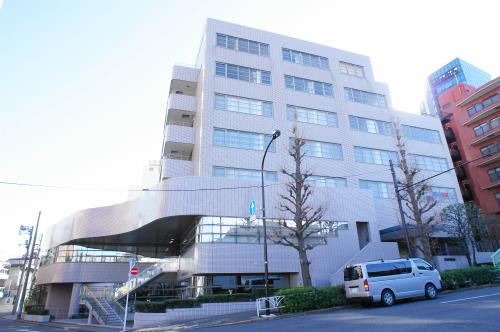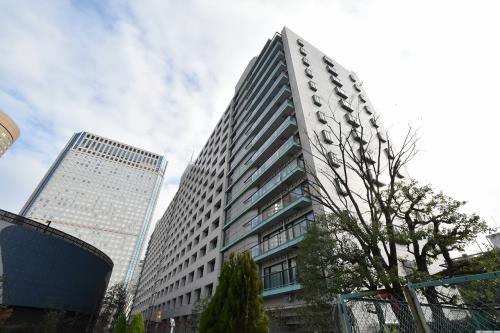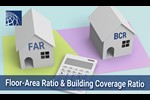Lost Your Rental Keys in Japan? Here's What to Do

What Should You Do If You Lose the Key for a Lease House?
Here, we provide guidance on what to do if you lose the key to your lease house, including how to handle the situation and how much it may cost for replacement or compensation.
What should you do if you lose a key to a rental property, such as a rental apartment or a rental detached house?
This guide explains how to respond when you lose a rental property key and outlines the potential recovery or compensation costs involved.

1. Check with the Nearest Police Box
If you lose the key to your rental housing, first check with the police station or Koban (police box) that has jurisdiction over the area where you think you lost it. Someone may have found and turned it in. You can visit in person or call by phone.
2. Submit a Lost Property Report
If the key has not been turned in, file a Lost Property Report by one of the following methods:
・Visit the local police station or nearest Koban.
・Call the police station with jurisdiction.
・Apply online (note: some municipalities do not support online reports).
Online and Language Notes
You can also check the website of the Prefectural Police for the area where you lost the item or where you live. Most of these websites are in Japanese, so if needed, ask someone who speaks Japanese to assist you. Not all prefectures support online lost property reports, and most online forms are only available in Japanese.
Additional Advice
Providing clear details about where and what the key looks like can increase the chances of it being returned. Also consider contacting shops you visited or transportation companies (taxi, railway) you used on your way home.
Also, refer to our related article: “Lost and Found in Japan.”

- Furnished Monthly Apartments in Tokyo for Expats
- Fully furnished short-term rentals in Tokyo's expat areas
Contact the Management Company or Lessor
If you’re locked out and cannot enter your apartment, the first step is to contact your landlord or the property management company. If they have a spare key, they may be able to unlock the door for you.
Please note that if they need to come to the property to assist, a call-out fee or a late-night fee may apply. Also, depending on your fire insurance policy, part of the unlocking cost may be covered.
If you cannot reach your landlord or manager, or if they do not have a spare key, you should call a professional locksmith. This cost might also be partially covered by your insurance.
In most cases, you will be required to present a photo ID that shows your address (such as a driver’s license). If you do not have your ID on hand, it may still be possible to unlock the door if a police officer is present.
It Is Prohibited to Change a Key Without Permission
If you lose your key, we recommend replacing the lock for security reasons. However, for rental properties, you must obtain the lessor’s approval before making any key replacement.
Who Is Responsible for the Costs If a Key Is Lost?
The lessee (tenant) is responsible for the costs of unlocking the door and replacing the cylinder lock. Most standard lease agreements include a “Compensation for Damage” clause stating that the lessee is responsible for any damage, breakage, stains, or loss of any part or all of the facilities and equipment belonging to the leased property caused intentionally or by negligence.
This clause typically also includes a specific provision about replacing the cylinder lock and keys if the lessee loses the keys provided at the start of the contract.
Why Is This Rule Strict?
While this rule may seem strict, keys are essential for access. If you live in a detached house and lose your house key, your main concern is usually the safety of your personal belongings. However, if you live in a condominium with an auto-lock system and lose your entrance key, someone who finds the key could potentially enter through the main entrance, compromising the security of the entire building.
Because lost or stolen keys can cause serious problems not only for the lessor but also for other residents, it is especially important to handle keys carefully in condominiums with auto-lock systems.
If you lose your key, please contact the management company or lessor immediately to report the loss and follow their instructions.
Cost for Key Replacement

You may be wondering, "How much does it cost to replace a cylinder lock?"
The type of key and the replacement cost vary depending on the property. The total cost is typically calculated based on factors such as how many cylinder locks are installed on the entrance door (one or two), and whether the key is a traditional insert-type or a non-contact IC chip key used for auto-lock systems.
For example, in an apartment without an auto-lock system that has a single cylinder lock with a conventional key (such as MIWA U9), the replacement cost including labor may start at around 15,000 JPY. Labor fees alone can be 11,000 JPY or more.
However, in many cases, more luxurious properties use special keys with high-security features. Some of our customers have had to pay several hundred thousand yen to replace cylinder locks—sometimes two cylinders for a single entrance door—because these properties use high-performance, precision locks manufactured by overseas companies rather than domestic ones.
Therefore, when handling keys provided for rental properties at the start of a contract, please be very careful to avoid losing or damaging them.
Therefore, we strongly recommend that you handle your lease housing keys with great care to prevent loss or damage.

- Apartments and Houses for Rent in Tokyo
- Listings of popular and luxurious rental apartments, condominiums, and houses designed with expats in mind.
